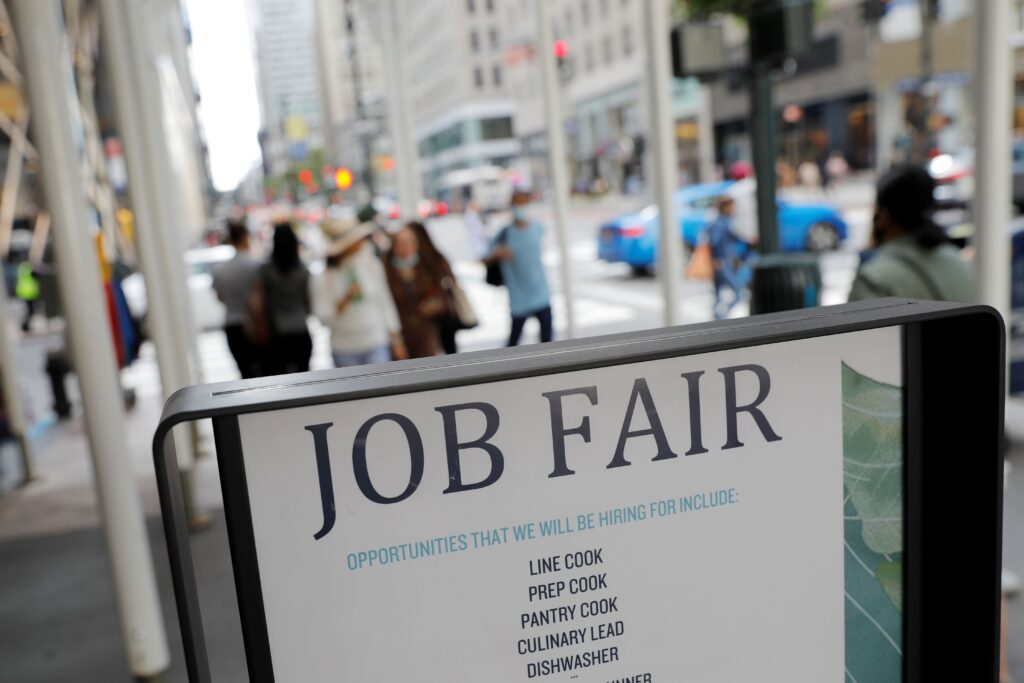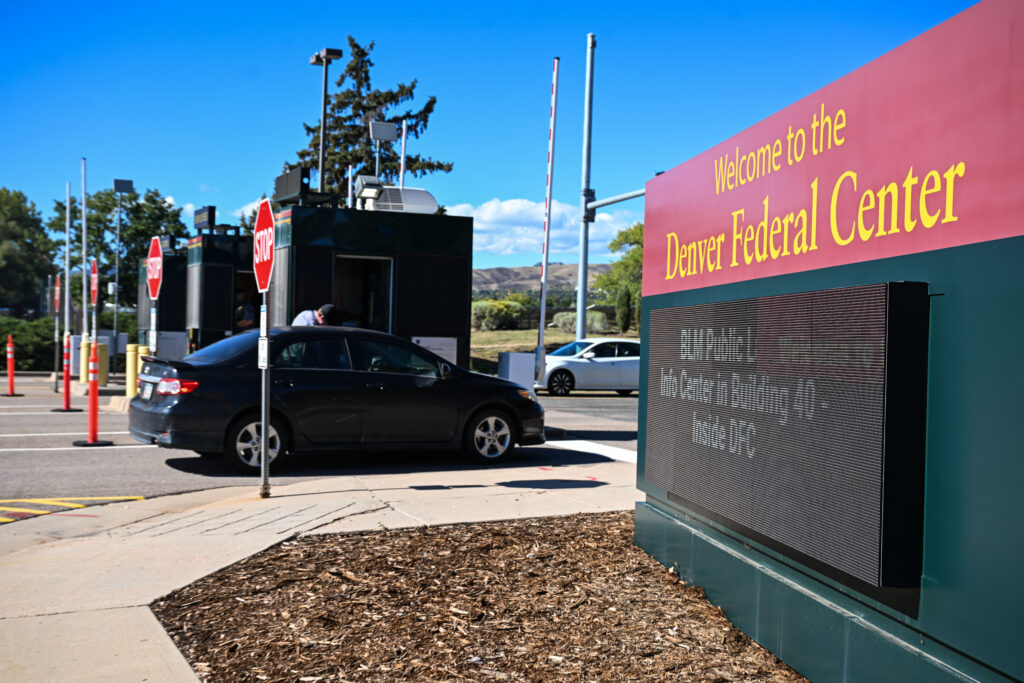Insights: Who’s terrified about Medicaid? Someone you probably know
Since politics is played like football now, Americans are left to decide who we’re rooting for on health care reforms, the taxpayers or Medicaid recipients.
The staggering tax dollars on one side the ledger and the human toll on the other leaves those politically in the middle – the few there are – paralyzed to find logic. On one side, the most needy and deserving lilies of the field the Good Book could describe. On the other, being our brothers keeper can only go so far, right?
So when problems are too complicated, we do what we always do: We rely on partisan dogma and unreasonably vilify those we deem to be against us. Our side and our interests often aren’t the same things.
But here’s the thing: This isn’t a Washington issue. It’s a down-your-street issue.
Who depends on Medicaid in Colorado? More than likely someone you know, nearly 1 in 5 Coloradans, 1.4 million people. The Kaiser Family Foundation released an analysis on June 30:
The Senate Republicans’ pending bill proposes $772 billion in Medicaid reductions by 2026. About $5 billion would come out of Colorado, according to a new independent analysis by the Washington, D.C., healthcare firm Avalere.
“Cuts of this magnitude in Medicaid are unprecedented and would undoubtedly also adversely affect the healthcare delivery system,” said Dan Mendelson, Avalere’s president. “Because states typically balance their budgets every year, the inevitable result would be that these cuts would flow downstream to hospitals, nursing homes and physicians, as well as health plans, in the form of payment reductions.”
Here’s how to get your mind around $5 billion over the next nine years. If you followed the last legislative session, you know the most universally frustrating impasse was transportation funding, the producer of traffic jams, rising fatalities and economic ruination, to hear politicos tell it.
They were fighting over asking voters for $3.5 billion over the next 10 years to expedite local and state roads, bridges, transit and trails. The Medicaid crater in Colorado is 43 percent deeper.
Last month left-leaning Center on Budget Policy & Priorities said the legislature would have to come up with another $677 million a year by 2023 to maintain what Obamacare created in the state’s Medicaid spending. That’s about twice what the state couldn’t find to repay those transportation bonds, without asking voters for a tax hike.
On the other hand, the Congressional Budget Office, a nonpartisan government researchers, last month found that the Senate Republican measure would reduce the federal deficit by $321 billion by 2026, or roughly one-fifth of the U.S. cost of the wars in Iraq and Afghanistan. Customers would see lower premiums, but mainly because they would get less coverage.
The current proposed reductions, however, would eliminate medical insurance for 188,500 Coloradans.
To pretend Republicans are going to feed these people to the wolves is disingenuous, at best, and grim politicking at worst. GOP-proposed block grants possibly could serve communities more efficiently and compassionately than the system now – if both sides truly worked on reforms instead of campaign platforms.
And there’s plenty that can be done under Denver’s gold dome, said Sen. Bob Gardner, a Colorado Springs lawyer and legislative pragmatist.
“We watch Washington and we try to figure out what that means for funding and so forth, and yet I’ve advocated for the state to simply put together a Medicaid block grant program with as many innovative solutions as we possibly can, and not wait for the federal government to give us permission, not wait for the administration or the United States Congress to say it’s OK,” he said.
“Rather take that proposal to Washington and say, ‘You told us to bring it to you, you say that you want to drain the swamp, you say all that, here, this is what Colorado will do.’ It’s a difficult problem. You don’t get it all done in one session.”
It’s hard to see the threats through a political lens, where people cry wolf in the 24-hour news cycle for a live. The political narrative of this bill is still being written, just as it was for the Affordable Care Act, except before the authors of opposition were right-handed and now left-handed.
Republicans have promised for too long to repeal and replace Obamacare. The bigger political question is whether they can afford to blow a campaign promise that’s too big to fail.











